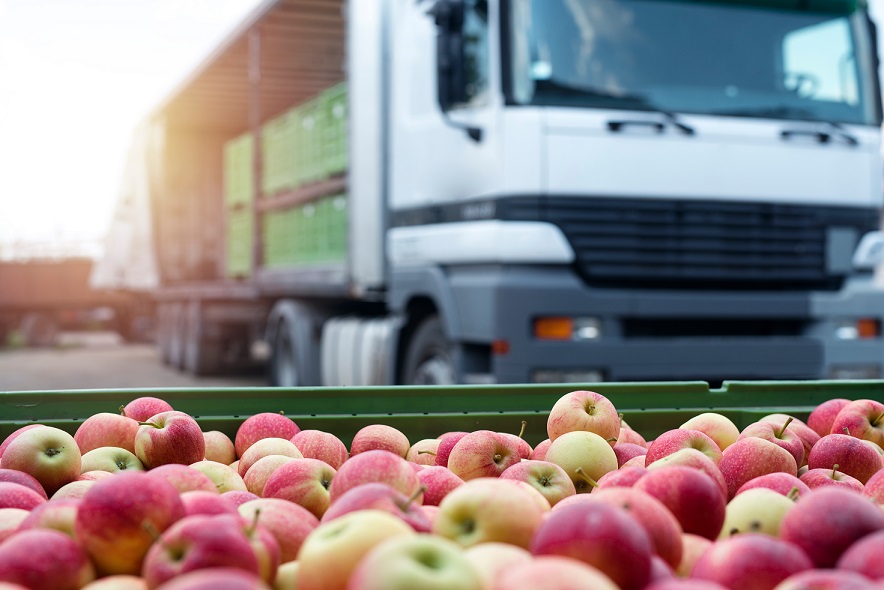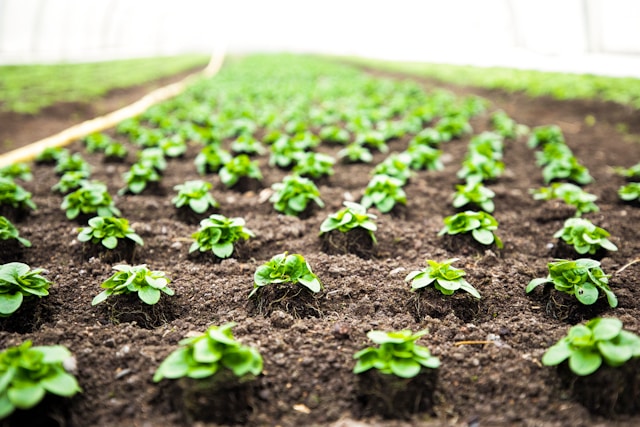The global cost of food imports will exceed $2 trillion in 2024, an increase of 2.2% over the previous year. This increase is the result of higher prices of products such as cocoa, coffee and tea, as well as rising costs of importing fruits and vegetables. Import costs for cocoa, coffee and tea will rise by 22.9%, accounting for more than half of the total value increase, with cocoa prices four times the 10-year average, coffee almost double and tea 15% above normal long-term levels. The main causes are weather conditions and problems in logistics.
These products play a key role in the economy of many countries. For example, coffee exports cover 40% of food import costs in Burundi and Ethiopia, tea finances more than half of Sri Lanka’s food import bill, while cocoa exports from Ivory Coast fully cover their import costs.
Why do we import so much food?
Lower-income countries have seen relief from reduced import costs of grains and oilseeds, while wealthier countries shoulder two-thirds of the global food import bill, with an increase of 4.4% in 2024. FAO’s Food Outlook report highlights the favorable outlook for the production of staple food products, but warns of risks such as extreme weather conditions, geopolitical tensions and policy changes, which could upset the balance between supply and demand.

Forecasts for 2024 predict a decline in wheat and coarse grain production. However, they also predict a record rice harvest, which will allow for greater global rice use, reserves and trade. In lower-income countries, per capita intake of wheat and cereals is projected to decrease, while rice consumption will increase by 1.5%.
Global meat and dairy production will increase moderately, while sugar production will decline. Fisheries will grow by 2.2% thanks to aquaculture. Production of soybeans and palm oil will increase, while production of canola and sunflower seeds will decrease. Vegetable oils face the risk of declining supplies for the second consecutive year, while global oilcake stocks will rise.

Olive oil is a topic of particular interest. This season, high temperatures have reduced production in key Mediterranean countries, leading to record prices. Prices in Spain have reached almost USD 10,000 per ton, due to a two-year drop in production of 50%. Although production is growing in Greece, Tunisia and Turkey, high prices are limiting consumption.
Source: AgroTV
Source: boljazemlja.com


